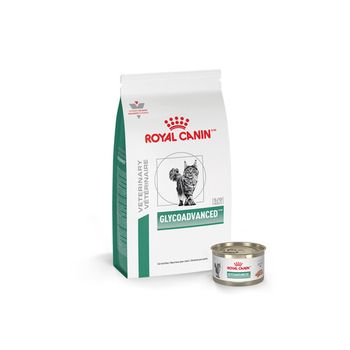
CVC Highlight: A quick Q&A on feline vaccine site-associated sarcomas
Some recommendations regarding vaccination and reducing the risk of vaccine site-associated sarcoma.
What do you recommend regarding vaccination and reducing the risk of vaccine site-associated sarcoma?
First, I recommend that practitioners be familiar with the physiology of immunity, the different types of vaccines available (modified-live, killed, recombinant; monovalent vs. polyvalent; nonadjuvanted vs. adjuvanted; administration route) their risks and benefits, and the factors that may affect a cat's ability to respond to vaccination.
W. Mark Cousins, DVM, DABVP
A study that evaluated 61,747 vaccine doses in 31,671 cats showed that 73 cats developed postvaccinal inflammatory reactions and that two cats developed vaccine-site associated sarcomas,1 indicating that the incidence of vaccine site-associated sarcoma is low. The results also showed that polyvalent vaccines had a higher reaction frequency than monovalent vaccines did and that the frequency of reactions among the 48,894 adjuvanted vaccines was higher than among the 27,545 nonadjuvanted vaccines.
Marcy Maloy/Getty Images
A direct association between tumor risk and postvaccinal inflammation hasn't been established, but in 2006 the American Association of Feline Practitioners (AAFP) Feline Vaccine Advisory Panel suggested that veterinarians use less inflammatory products whenever possible.2
I also recommend judicious use of vaccinations. Recognize that each patient has a unique level of risk of exposure to pathogens and that risk levels, even for the same patient, can vary with time. Thus, varying types and levels of protection are needed. Avoid using the same vaccination protocol for all cats. Evaluate each patient as an individual at each visit, and vaccinate accordingly.
For help in making these decisions, refer to The 2006 AAFP Feline Vaccine Advisory Panel Report.2 You can download the report at
What do you recommend if a cat has a suspected vaccine site-associated sarcoma?
If you are at all suspicious that a lump may be a vaccine site-associated sarcoma, obtain a biopsy sample before attempting to remove it surgically. In vaccine site-associated sarcomas, the cancerous cells are intimately interspersed with normal myocytes in the subcutaneous area, so these tumors can recur locally with amazing rapidity.
While fine-needle aspiration and cytologic examination of a vaccine site-associated sarcoma does not provide a definitive diagnosis, it should be performed because markedly abnormal cells could suggest a malignancy, thus a biopsy would be indicated. If a lump is associated with a previous vaccination site, you should also perform a biopsy before attempting removal. When the biopsy results indicate a vaccine site-associated sarcoma, plan to obtain appropriate surgical margins or refer the patient to a specialist for complete tumor excision.
Use the 3-2-1 rule when deciding whether to biopsy a lump in a vaccination site on a cat.2 This rule advocates performing a wedge biopsy on any vaccination-site lump characterized by at least one of the following:
- Present in any form three months after vaccination
- Greater than or equal to 2 cm across at presentation
- Present for one month after vaccination and is fast-growing.
W. Mark Cousins, DVM, DABVP (feline practice)
The Cat Practice
1809 Magazine St.
New Orleans, LA 70130
REFERENCES
1. Gobar GM, Kass PH. World Wide Web-based survey of vaccination practices, postvaccinal reactions, and vaccine site-associated sarcomas in cats. J Am Vet Med Assoc 2002;220(10):1477-1482.
2. Richards JR, Elston, TH, Ford RB, et al. The 2006 American Association of Feline Practitioners Feline Vaccine Advisory Panel report. J Am Vet Med Assoc 2006;229(9):1405-1441.
Newsletter
From exam room tips to practice management insights, get trusted veterinary news delivered straight to your inbox—subscribe to dvm360.





